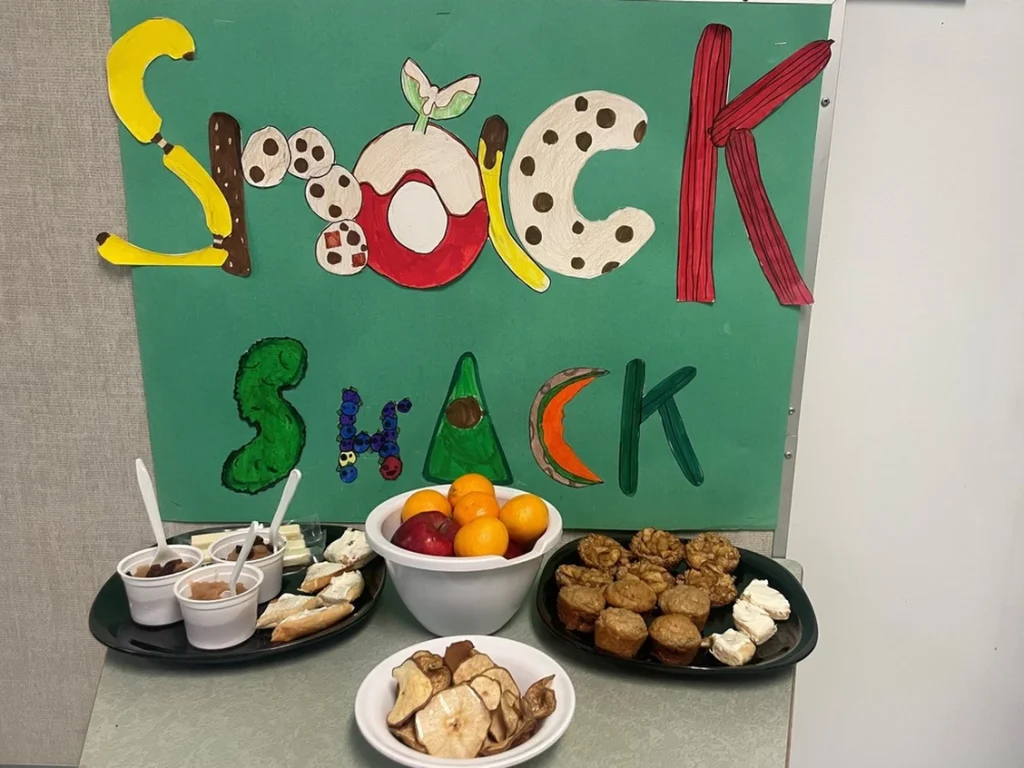$7,000 from AAS would provide hot lunch subsidies, breakfast and snack program for children and funds for the family grocery support program.
It’s a disturbing sign of the times when some parents find it necessary to seek financial help from schools in order to feed their children and themselves.
But that’s the way of things are at Rosemont Elementary in Nelson — as it is in many other schools across the province.
“Close to 55 per cent of our students are considered vulnerable and with the rising cost of food more and more families are reaching out for financial help,” said principal Lindsay MacKay.
She has applied to The Vancouver Sun’s Adopt-A-School program for $7,000 to support these children and families.
MacKay said the school, which has 120 students, has received $3,393 from the provincial government’s Feeding Futures grant.
But that money will not cover the financial support the school needs for struggling families to contend with the high cost of food.
The school provides breakfasts, snacks and hot lunches to children in need, and also groceries to families who need extra food to supplement what they can afford to buy, she said.
MacKay is using the government money to cover a biweekly grocery program that delivers $45 worth of food to 12 families.
“My budget will not cover this program all year long, let alone the snack program and hot lunch subsidies that are also necessary,” she said.
The school’s Parent Advisory Council provides lunch three times a week, which costs about $7 a meal. But several families can’t afford to pay so a subsidy is necessary for their children to eat.
The $7,000 from AAS would provide $2,500 for hot lunch subsidies, $2,000 for a breakfast and snack program for children arriving at school hungry, and $2,500 for the family grocery support program.
Last year the school received almost double the government funding received this year, so MacKay was able to provide grocery assistance to some families.
“The program was so well received and loved in the community but when the funding was cut, I felt we need to continue to do it to make sure these families have the opportunity to have food because they could really use help with the financial constraints they have,” she explained.
“I wouldn’t have done it (began the grocery program) unless it were so necessary. And I can’t say ‘no’ now because we did it last year and families are relying on it this year.”
By Gerry Bellett (gbellett@gmail.com)

